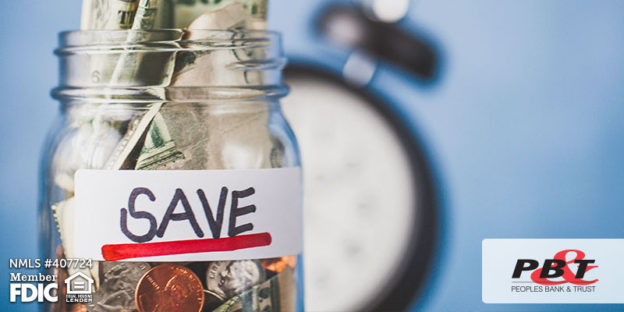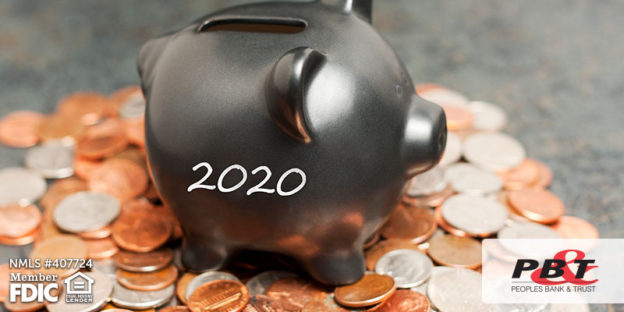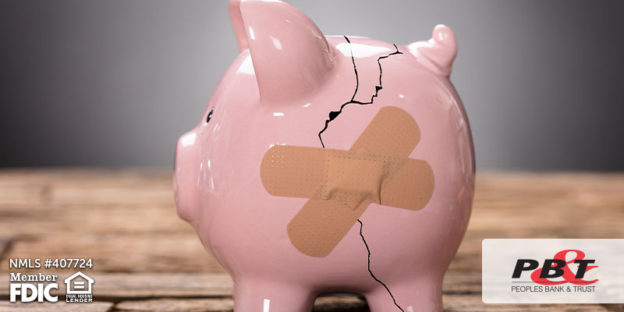Are you kicking yourself for how you handled last year’s taxes? You can feel better about next year by learning a little bit about tax savings now.
Consider Donations
Not only is donating to charity a great way to give back to the community, but it is also a smart way to have a tax write-off. It needs to be a charity that is recognized by the IRS in order to do this. This will require some organization on your part over the course of a year. You will be required to have written records. It should say the date of the contribution, the amount you gave and to who. If the amount is over $250 and you don’t have a receipt, the IRS may reject it.
Increase Contributions to Your Retirement
If you contribute to a 401(k) plan or an individual retirement account, you can reduce your income tax. You would need to increase the amount that is withheld from your paycheck automatically.
Start Saving for Your Child’s College Tuition
It’s never too early to start saving for your child’s education. A 529 is a college savings plan similar to an IRA except it’s for college. The contributions grow tax-free, and withdrawals are not taxed for a college education. You can either use this for your children or for yourself to take a fun college course in retirement.
Review Tax Credits for Children
Having children is incredibly expensive. Double-check that you’re getting all the tax credits you qualify for. You can itemize medical and dental expenses. As we all know, these costs don’t come cheap. Whatever you are paying out of pocket for these costs may be itemized along with the child tax credit.
Begin a Health Savings Account
To help decrease some of the common stress of medical bills, consider starting a health savings account. Contributions made to an HSA are pre-tax dollars that can be applied to medical expenses. If you contribute the maximum amount, you can potentially save thousands on your taxes this year.
It is possible to pay less in taxes next year; you just need to put the work into finding some ways that you qualify for exemptions. For more ways to save, contact us at Peoples Bank & Trust.
Peoples Bank & Trust Co.
Member FDIC
Equal Housing Lender











